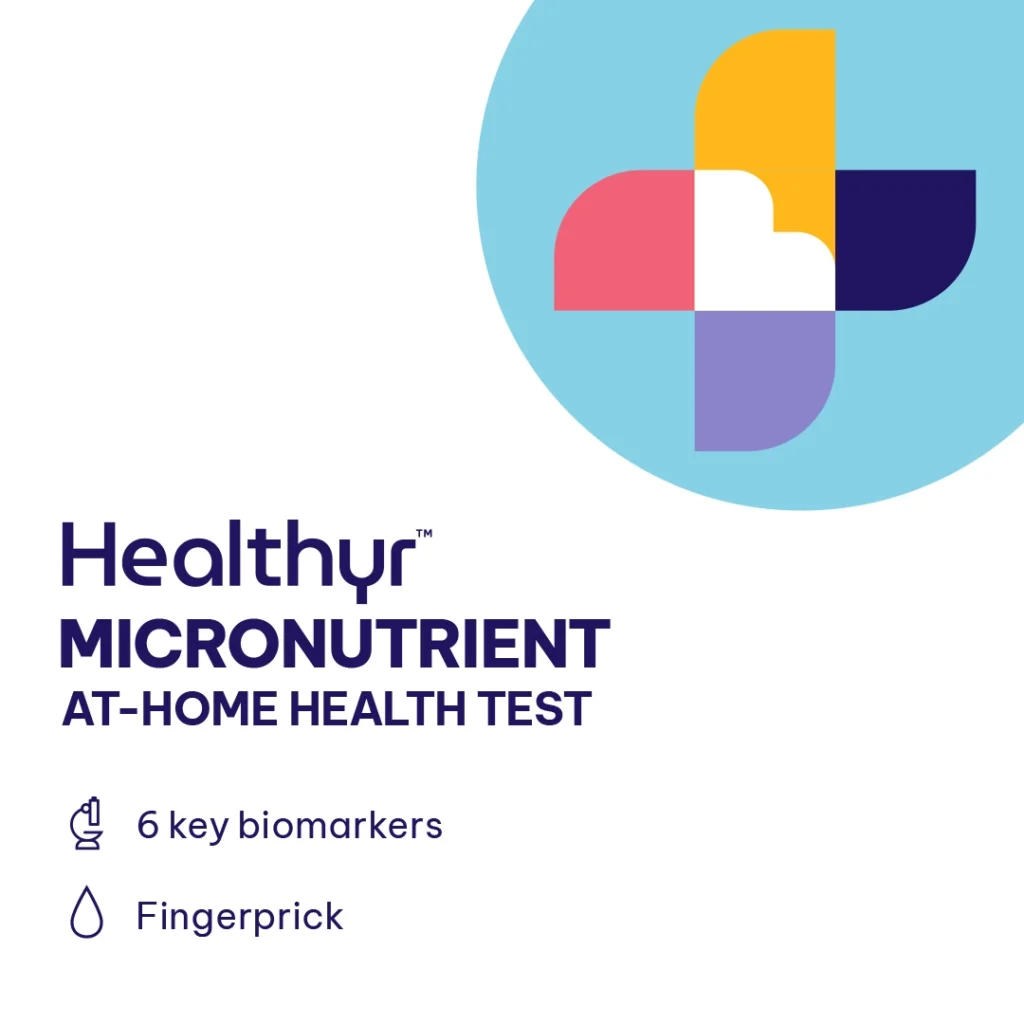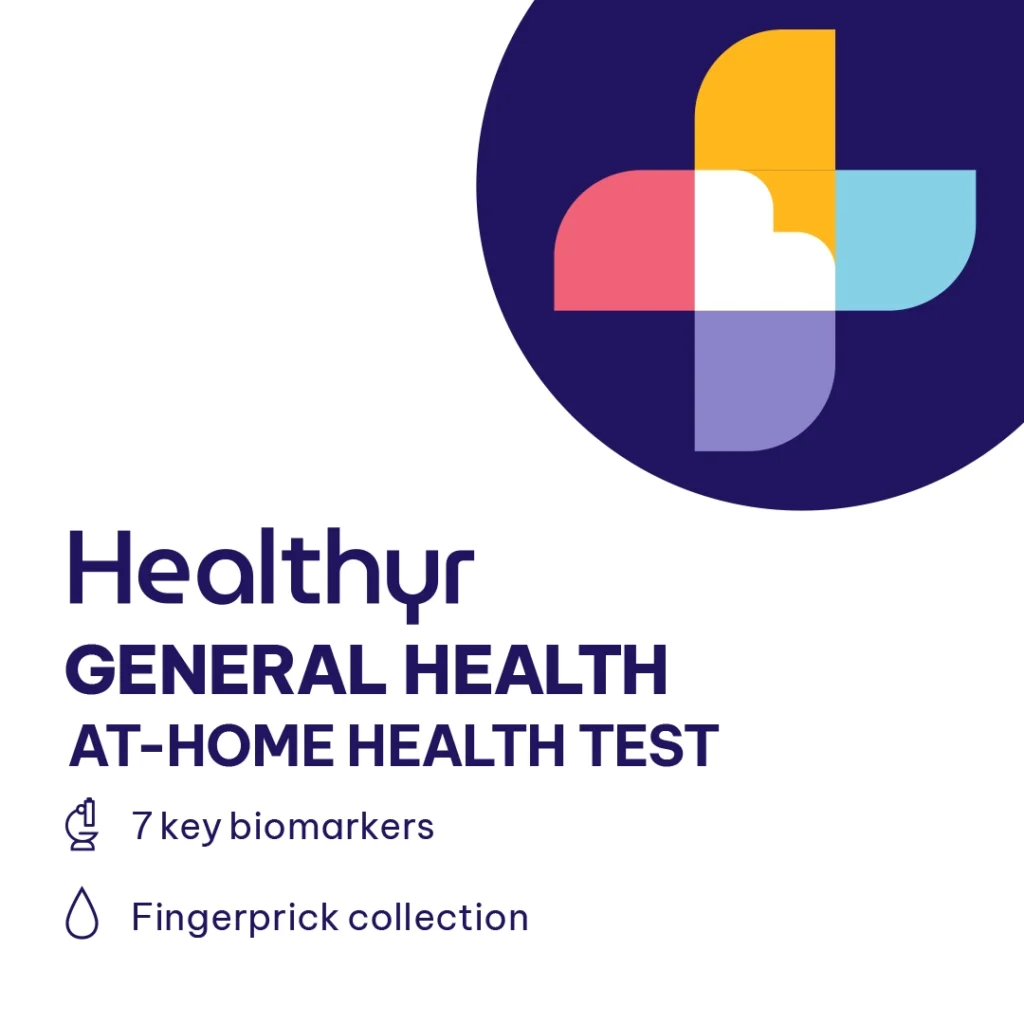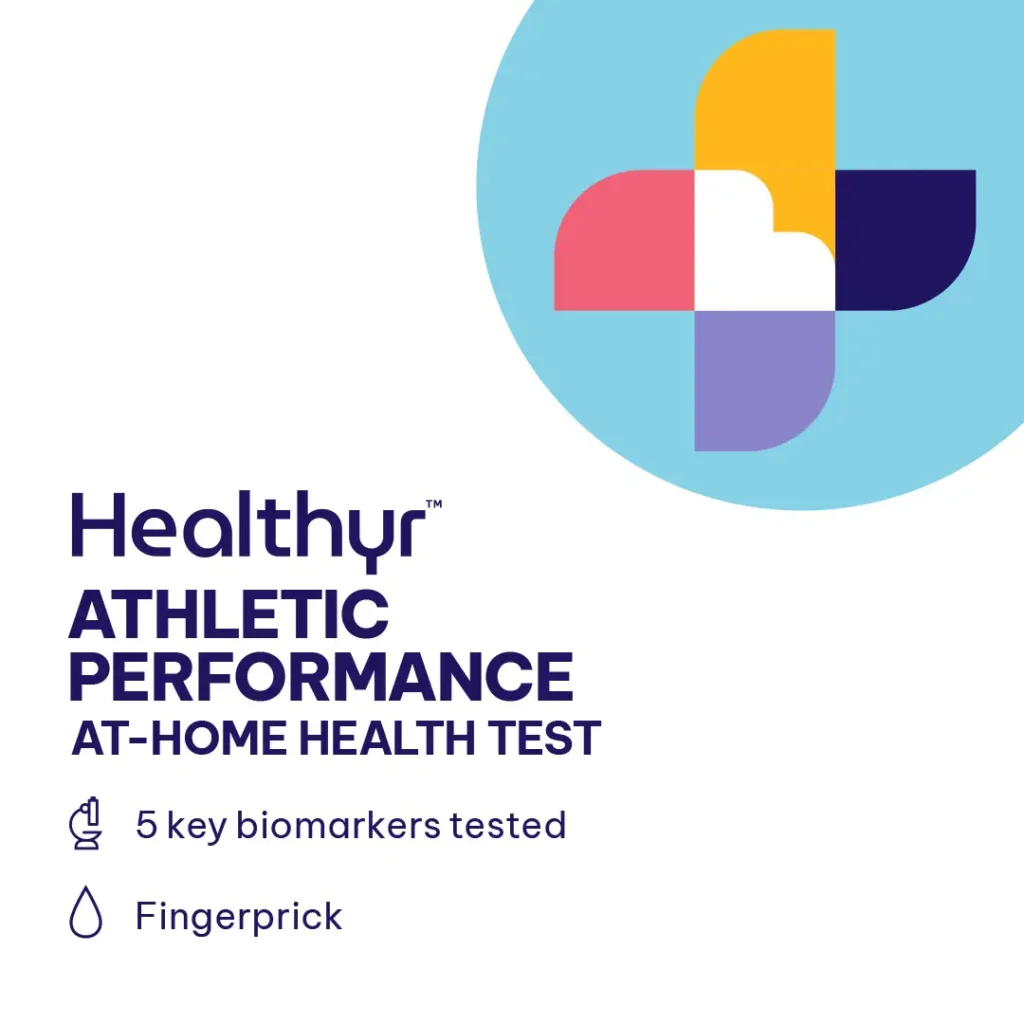

Imagine going on a thrilling roller coaster ride. As you climb up the steep track, your body starts prepping for the excitement. Your heart beats faster, your senses become alert, and you feel a surge of energy. This is similar to when cortisol, a hormone in your body, kicks in. Your body releases cortisol when something stressful or challenging happens, like a big test or a scary situation. Just as a roller coaster ride eventually ends, cortisol levels in your body should also return to normal. When the ride is over, you feel a sense of relief and relaxation.
Similarly, when the stressful situation is over, your body should stop producing excessive cortisol. But sometimes, the roller coaster ride of stress doesn’t end, and that’s where the problem arises. If you’re constantly stressed or worried, your body keeps making more and more cortisol, just like a roller coaster that keeps going round and round without stopping. This can make you feel tired and anxious, affecting your overall health. So, finding ways to manage cortisol levels and bring them back into balance is important, just like getting off that never-ending roller coaster ride.
What is Cortisol?
Cortisol is a key player in the body’s stress response system, commonly known as the “fight-or-flight” response. It’s a steroid hormone the adrenal glands produce that sits on top of your kidneys in response to stress. Cortisol affects several aspects of your body and mainly helps regulate your body’s response to stress. It also plays other key roles and affects almost every organ and tissue in the body, including:
- Keeps inflammation down
- Regulates metabolism
- Helps control the sleep-wake cycle
- Regulates blood pressure
- Increases blood sugar
What Are Symptoms of High Cortisol?
Excessive levels of high cortisol can lead to a condition called hypercortisolism or Cushing’s syndrome, which is a rare condition. Here are some typical signs that may indicate high cortisol levels:
- Chronic stress
- Weight gain
- Increased appetite
- Muscle weakness
- Fatigue
- Mood swings
- Elevated blood pressure
- Irregular menstrual cycle
Keep in mind these symptoms can be caused by various factors, and the presence of one or more symptoms does not necessarily indicate high cortisol levels.
Ways to Lower Cortisol Levels
When symptoms show up in our bodies, they begin as signals that action needs to be taken. They are not simply meant to be squished. When it comes to excess cortisol, research has shown efficient ways of lowering cortisol.
Get Moving!
We all know that working out and doing physical activity is good for our health, but it’s also great for managing stress and anxiety. Whether it’s a spin class or a brisk walk, your body will thank you for it. Aim for at least 30 minutes of moderate-intensity exercise, such as swimming or hiking, most days of the week.
Prioritize Quality Sleep
Aim for 7-9 hours of quality sleep each night. Create a relaxing bedtime routine, keep your sleep environment comfortable, and limit scrolling through your phone 30 minutes before bedtime.
Find a Hobby or Something You Enjoy
Find time for activities that bring you joy and relaxation, such as joining a book club, gardening, pursuing creative outlets, or spending time in nature. Simple things like listening to music and reading can help divert your attention from stressors and lower cortisol levels.
Practice Deep Breathing Exercise
This isn’t just for yogis. Anyone can benefit from some deep breaths! Taking slow, deliberate breaths can activate your parasympathetic nervous system (the calm-down switch), which helps to reduce stress and promote relaxation. One easy breathing exercise is taking 4 minutes to do a ” Box Breathing technique.” Count to 4 while breathing in, hold your breath for another 4 count, breathe out slowly for 4, and hold for another 4 seconds. You can picture a box in your mind:
Relax
Here’s your sign to explore different ways to relax. Take a warm bubble bath, listen to calming music, practice yoga, journaling, or practice mindful meditation. Find what works best for you to promote relaxation and reduce stress.
Takeaway
Remember, cortisol is like the ride operator in your body’s roller coaster. It helps you deal with challenges and stay focused. But when the ride becomes too intense and doesn’t stop, it can cause problems. By understanding how cortisol affects your body, you can learn how to manage it and ensure a more enjoyable and stress-free ride. So, finding ways to manage cortisol levels and bring them back into balance is essential, just like getting off that never-ending roller coaster ride.
If you are wondering about your cortisol levels, Healthyr’s Cardiovascular Health Test, Athletic Performance Test, and Comprehensive Health Test all measure cortisol from the comfort of your own home.





